
Article
The Calorie Counter
Evolutionary anthropologist Herman Pontzer busts myths about how humans burn calories – and why
Science,
2021
Recommendation
Exercise doesn’t move the needle much in terms of the number of calories people burn each day, according to research by Duke University biological anthropologist Herman Pontzer. This may seem like discouraging news for people struggling to lose unhealthy body fat, but Pontzer’s findings also illuminate how factors such as stress, immune system response and simple body maturation processes all play significant parts in energy use over a human lifetime.
Summary
About the Author
Ann Gibbons has served as writer on human evolution for Science magazine for more than a decade, and has taught science writing at Carnegie Mellon University. She is the author of The First Human.
Learners who read this summary also read
Book
Book
Book
Book
Article








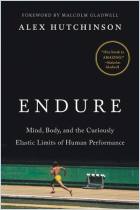
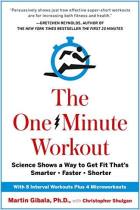
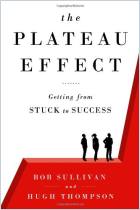
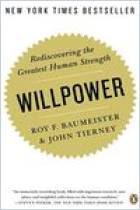
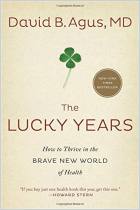
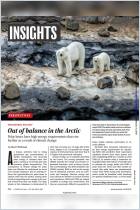





Comment on this summary